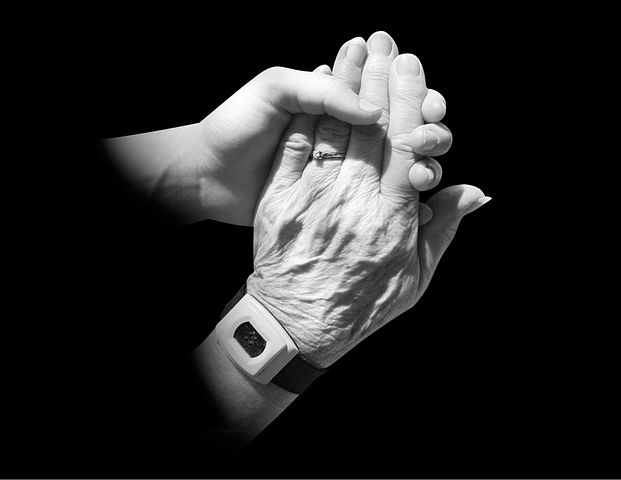
BENJAMIN BARANKIN, MD, FRCPC, FAAD discusses the importance and impact of appropriate patient touch.
What We’re Taught
Our teachers warn us not to touch the patient throughout medical school, residency, and clinical practice. Medical societies regularly remind us of the importance of not touching our patients. That is, at least inappropriately.
“While telling the patient it was not contagious, I made sure to touch the lesions so she knew that I really meant it. I also took a biopsy to confirm the diagnosis.”
The Other Side of It
I saw a patient the other day with clinically obvious granuloma annulare on her hands. People made comments to her, gave her funny looks, and avoided shaking her hand. Overall, they made her feel dirty and contagious, as if seemingly having “ringworm.”
Other physicians “glanced” at her hands and prescribed a cream, never a diagnosis. They did not provide a discussion on etiology or prognosis. Careful palpation or biopsy for confirmation had not been performed either.
As dermatologists, we can typically spot the diagnosis from a quick glance. I took her hands and examined them through palpation (yes, even dermatologists palpate!) I let her know that her condition is relatively common, benign and a result of an immune-system malfunction of sorts. She was most relieved to hear that she was 100% not contagious. While telling her she was not contagious, I made sure to touch the lesions so she knew that I really meant it.
I also took a biopsy to confirm the her diagnosis i.e. granuloma annulare. She broke down and cried. After suffering with this for over a year, I was the first person to confidently tell her the diagnosis and prognosis. She appreciated that I was not afraid to touch her hands and lesions. The right touch is sometimes what the patient needs.
Advice from a Colleague and Friend
 Dr. Steve Feldman has eloquently written about the importance of proper, well-timed touch for the psoriasis patient and the impact it has on the therapeutic relationship. Your appropriate touch shows the patient that you not only care about them, but that you’re not scared of them or their condition.
Dr. Steve Feldman has eloquently written about the importance of proper, well-timed touch for the psoriasis patient and the impact it has on the therapeutic relationship. Your appropriate touch shows the patient that you not only care about them, but that you’re not scared of them or their condition.
It is especially beneficial for the spouse or others in the room to see that the condition is clearly not contagious. At the same time, be careful with the consequences of inadvertent actions. Do NOT wash your hands in the room in front of a psoriasis patient you palpated and told their condition was not contagious. Wash your hands after the encounter is complete.
The Exception
As an exception, do not palpate lesions in delicate areas (e.g. chest, groin, buttocks). As well as, lesions that the patient can’t see (e.g. posterior upper thigh). Also, if you are physician treating a young patient of the opposite sex. These nuances are learned by real-world practice and from our great teachers and mentors.

